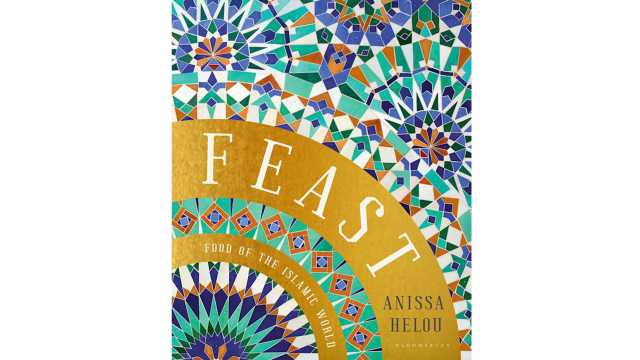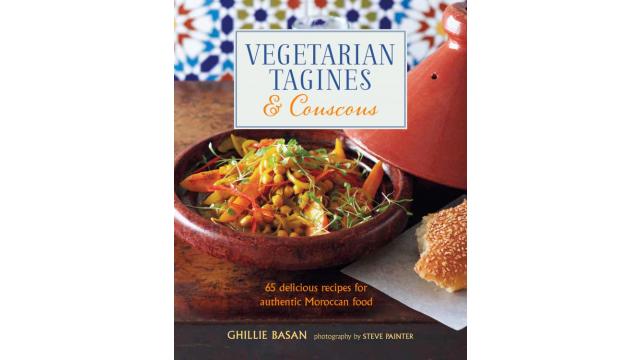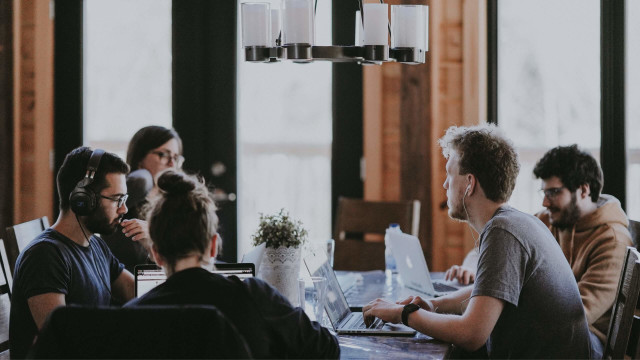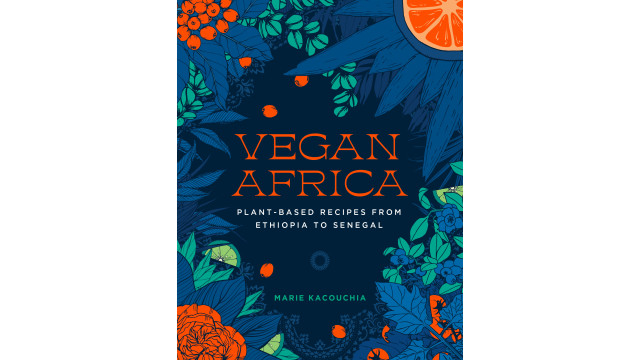Q&A with Najat Kaanache

As a little girl Najat Kaanache recalls looking at the stars each night when she went to bed. Because “we had no roof,” she says. A shining star in the culinary world, feisty and fearless Kaanache is rightly hailed as one of the world’s most influential chefs today. Her restaurant Nur (light in Arabic) in Fez has received high praise for offering Moroccan culinary traditions with modern adaptations, gastronomical art with theatrical flair.
Kaanache radiates positivity and her charisma belies her hard beginnings. Born in the Basque Country San Sebastián, life at home was led by an inspiring father who urged his children to be proud of their African ancestry and aim for the stars. Kaanache moved to Europe and studied film and theatre in Madrid and London (and did a spot of acting along the way) before landing in the Netherlands at a cooking college, chasing her passion to be a chef.
She’s often called the “pilgrim chef” for having worked at the culinary shrines of Noma, The French Laundry, El Bulli, and Alinea. Kaanache has collected many awards along the way for her ability to showcase Spanish, Moroccan, and Mexican cuisines reflecting her many influences. Nur has received many restaurant awards and is an homage to her personal intercontinental history and the culinary heritage of her ancestors.
Kaanache oversees the running of three restaurants, two in Morocco and one in Mexico, with plans for more, writes cookbooks, and does cooking shows on TV. It seems her vivacious personality embraces all projects and challenges with joy and verve.
Fiercely proud of her African lineage and the position of women in the culinary world, Kanaache’s influential status is the culinary world is inspiring and illuminating.
Roundglass Food: What features about food and wellbeing did you learn from your journey from working with renowned chefs to opening your own restaurant, Nur, in Morocco?
Najat Kaanache:
● Food is a way to live.
● Food is also about politics.
● Food is history, culture, geography.
RG: What sense of achievement with Nur do you have as a woman chef in the competitive restaurant business?
NK: As a person I face many challenges, and as a chef, more, because first I am African, I am a woman, and I am a chef. I started from zero, opened the doors by myself and faced challenges singlehandedly. In the kitchens in the restaurant business, around the world, the most important chefs are men, and feted in public eye.
But honestly, history shows that women have done more for food — we cook for our families, for us, and for everyone. It has taken time to show the world women’s contribution in the kitchen and the work we do and challenge the idea of men cooking in public and women at home. It is hard for almost all the female chefs around the world, but more difficult in Morocco, to find a chance to prove your worth as a female chef. It has taught me that I need to fight to take my own place and a sense of accomplishment to do this is a traditional place.
RG: According to you what is the contribution of women to Moroccan cuisine?
NK: Women contribute in many ways in most traditional cultures including Moroccan. They are the ones who historically have cooked, created, preserved, and developed different cooking techniques. They are deeply involved in the inventive process of bringing a dish alive on the table. Beyond the kitchen Moroccan women have been active participants in the agriculture economy with valuable inputs to farming and bringing the wholesomeness to the table. We still pride that we get most of what we consume fresh from the farms.
RG: What are the major influences in your understanding and appreciation of food?
NK: My background, my life, the childhood memories, the food I ate cooked by my grandmother, with my mom at home, the flavors, the smells, the ingredients, and the way we got the food, of being poor, and the experience growing between Morocco and Spain, that is the base for my understanding of food.
The many towns, cities, and countries I have lived and worked have also contributed to my appreciation of different cuisines and their influences. And then there are the wonderful people I have had the good fortune to learn from, especially Ferran Adrià who generously shared his knowledge with me and offered me a lot of inspiration to start work on Nur and helped shape my vision to what it has come to be today.
RG: What is the inspiration for your menu at Nur?
NK: Art, creativity, the changing seasons, the weather, and history all serve to inspire me. I want to tell people about Morocco, through the spices, vegetables, and the ingredients I use in my dishes. I prepare and serve different flavors of Morocco for people to sample and taste in just one dinner using the traditions of legumes, meats, interesting combinations of spices and vegetables, and create dishes that inspire and give a taste of Morocco.
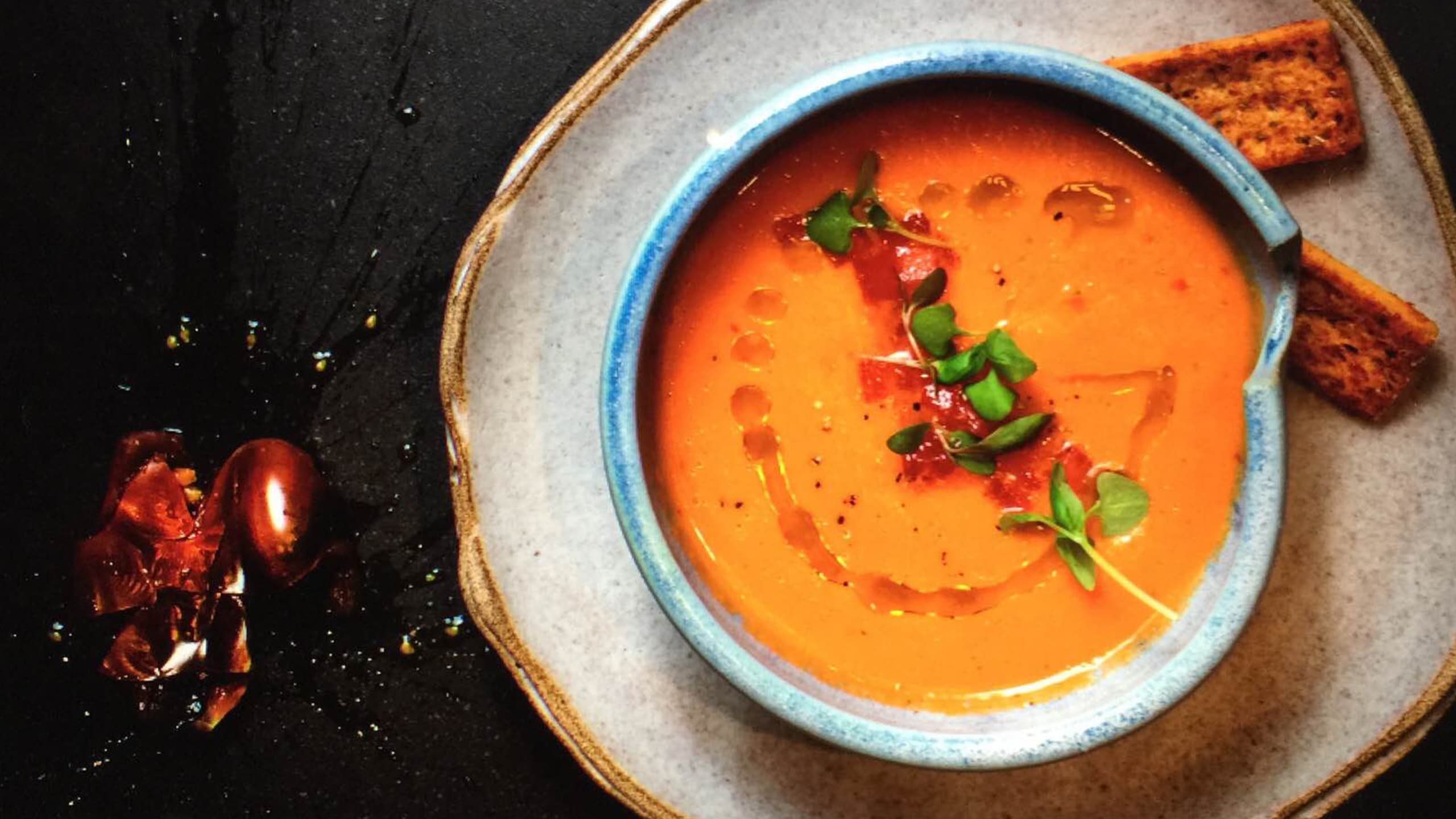
RG: How do you strike a balance between preserving traditional Moroccan culinary techniques and incorporating innovative ideas into your menu at Nur?
NK: I always to keep in mind the spices, techniques, and the base of the Moroccan food. I never veer far away from this and starting from the inherent traditions I create new dishes and flavors, also with the knowledge and inspiration I got from other places. Fix your base but play in different ways by mixing different flavors, vegetables, legumes, and spices.
RG: In what ways do you collaborate with local farmers, artisans, and suppliers to source ingredients that align with your vision of healthy and sustainable Moroccan cuisine?
NK: All the product we use are locals, the most organic, and natural producers, from the closest place we can get them. That’s the only way we can keep the sustainable.
RG: If you could invite anyone over for dinner, who would you call and what would you serve them?
NK: I would invite Oprah and serve a meal inspired by different parts of Africa.
RG: What’s a food experience that transformed your life?
NK: The food experience I gained while working at El Bulli with Ferran Adrià changed my life for sure.
RG: If there were one simple, nourishing dish you could encourage the whole world to make, what would it be?
NK: A chakcouka made with eggs, tofu, and tomatoes makes for a comforting dish.
RG: What is your favorite dish or meal that fills you with contentment and wellbeing?
NK: Lentils. When I was a little girl, on many days I would return home from school to the smell of lentils and cumin cooking at home. I would know what my mother was making because the next day she would layer the lentils in our sandwiches. I used to hate them as a little girl, but I ate them because we had nothing else.
Nowadays it’s the dish I enjoy most as it gives me joy and makes me understand the reality of my life and gives me acceptance of who I was and what I have become and fills me with power, energy, and happiness.
Key Takeaways
- Kaanache on the flavors of Moroccan cuisine.
- Women play a key role in Morocco's culinary wellbeing.
- Preserving her culinary heritage is vital.


